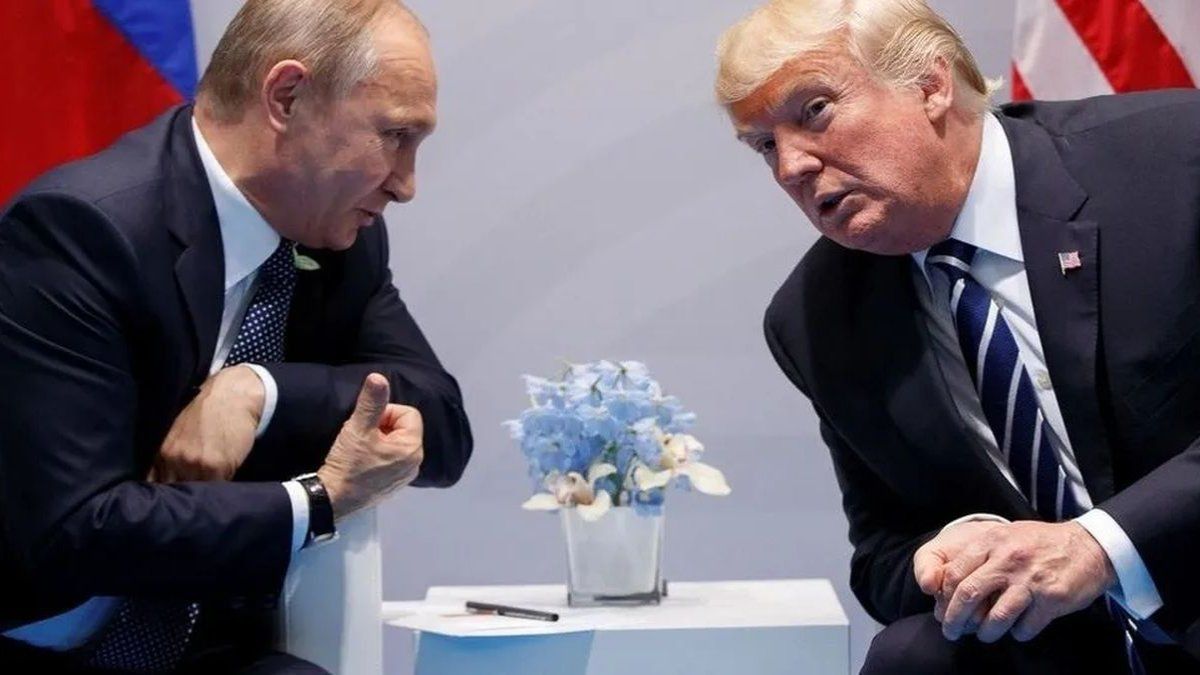Higher gas transit costs due to the levy are causing discontent, especially in Central and Eastern Europe – this is now set to end. Will customers in Germany now have to pay more?
Germany wants to abolish the gas storage levy at border crossing points with neighboring countries, which is controversial in Europe. The federal government has agreed on this, said State Secretary for Economic Affairs Sven Giegold in Brussels at a meeting of EU energy ministers.
This will significantly reduce the costs of gas transit through Germany and support joint efforts to enable neighboring countries to move away from Russian gas. The step could result in additional costs for consumers in Germany.
Gas storage levy introduced as crisis instrument
The levy was introduced in autumn 2022 as a result of the Russian attack on Ukraine and the resulting energy crisis and reimburses the company Trading Hub Europe, which is responsible for the German gas market organisation, for costs to ensure security of supply, such as gas purchases. The levy affects not only companies and consumers in Germany, but also importers in neighbouring countries who purchase gas via German pipelines. Since a legal change will be necessary for the abolition, the earliest possible date is reportedly the beginning of 2025.
Giegold said that the levy was never intended to hinder the integration of the markets in Europe or even to disrupt independence from Russia. “It’s quite the opposite. This levy was used to finance the filling of gas storage facilities, which helped us to keep the market in Europe more independent and stable.”
Exact consequences for consumers remain unclear
Most recently, the levy was extended until April 2027. From July, the levy is to rise from the current 1.86 euros to 2.50 euros per megawatt hour. According to calculations by the comparison portal Verivox, a household with an annual consumption of 20,000 kWh will pay around 60 euros gross per year for the gas storage levy from July 2024. The share of the gas storage levy in the total gas bill will then be around 2 percent.
The energy policy spokesman for the FDP parliamentary group, Michael Kruse, criticized the decision as premature. Before Economics Minister Robert Habeck (Greens) makes one-sided promises to neighboring countries at the expense of German gas customers, all options for a fair distribution of the burden between German and foreign gas customers must be explored, he told the German Press Agency. “It must be ensured that users of German gas storage facilities from abroad are appropriately involved in the storage levy. These costs must not be passed on to German gas customers.”
State Secretary Giegold said: “The costs will of course have to be distributed in accordance with the current legislation, but that is also the subject of the legislative process.” It can be assumed that the levy will continue to be levied – unlike for domestic exports: “The public good must continue to be financed.” According to the Ministry of Economic Affairs, the responsible agency Trading Hub Europe will calculate the new levy level at the end of the year on the basis of current or expected gas consumption.
Trading Hub Europe (THE) said the company had heard the political considerations on the gas storage levy. If there was a change in the law, THE would recalculate the levy on January 1, 2025, based on domestic consumption volumes. “However, in our forecasts for the next gas storage levy periods, we have only assumed low volumes at border crossing points, so the impact is likely to be small.”
Very controversial in Europe
The German gas storage levy is controversial in the EU, especially among Central and Eastern European countries. They complain that the increased transit costs caused by the levy hit the regions disproportionately hard and make it more difficult for EU member states in these regions to access gas imports from Western Europe. As a result, some countries may be forced to rely more heavily on gas imports from Russia. This could increase their geopolitical dependence and undermine efforts to diversify energy sources.
EU Energy Commissioner Kadri Simson also pointed out that such measures by individual states could jeopardise the wider distribution of European gas imports. She says she has sent several letters to Berlin.
Austria’s Energy Minister Leonore Gewessler spoke of “good news” in Brussels on Thursday. It is clear that gas flows from Germany to Austria – alternatives to Russian gas – have fallen drastically with the increase in the levy. “That means that this is a factor that makes diversification more difficult for Austria.” Intensive efforts have therefore been made in many discussions to find a solution. “I am pleased that the many discussions and also the pressure from neighboring countries have helped and that the German government is now tackling this,” said the Green politician.
Austria, together with delegations from Hungary, the Czech Republic and Slovakia, recently expressed serious concerns in an agenda item submitted to the Energy Ministers’ meeting.
Source: Stern




